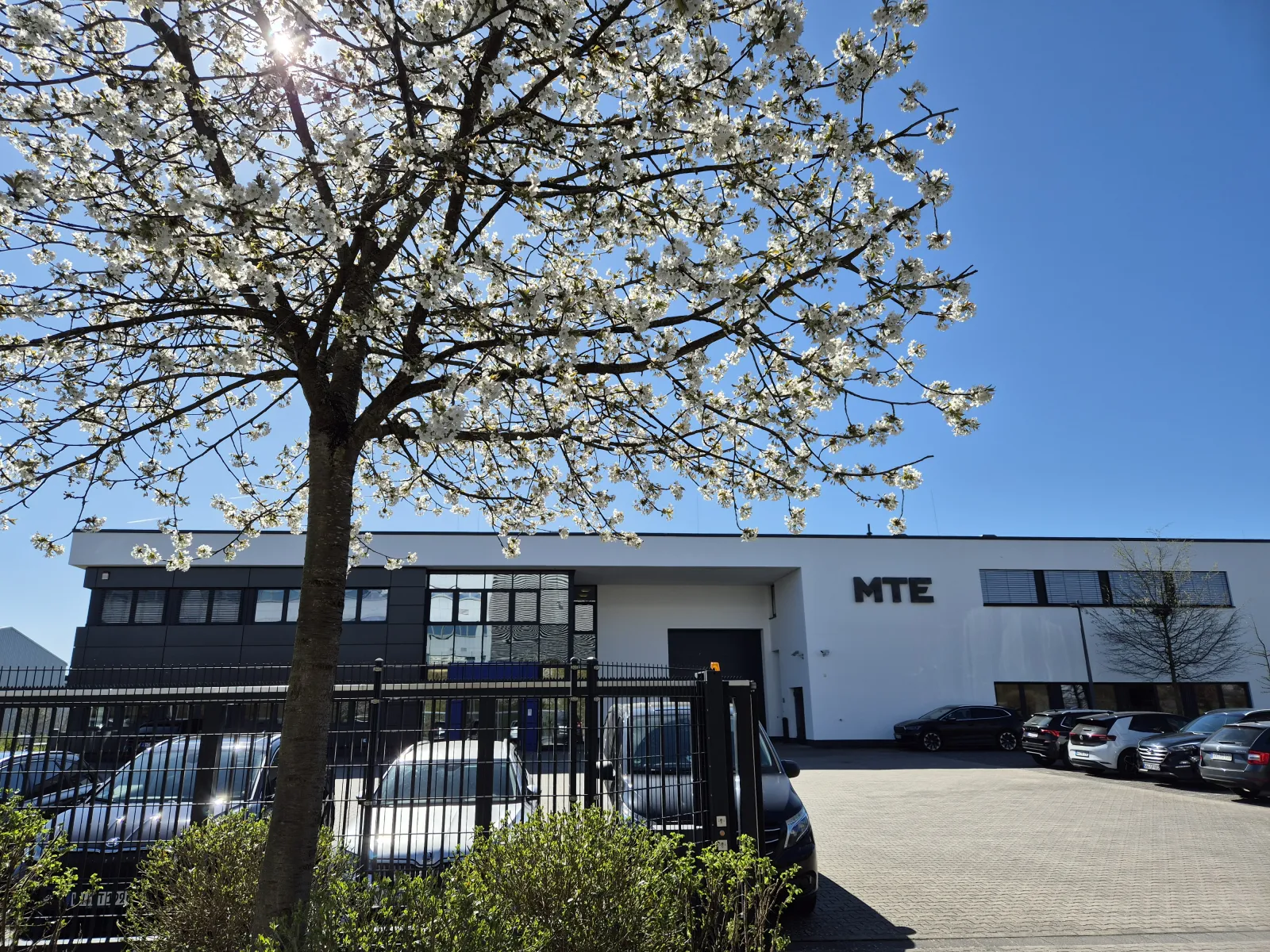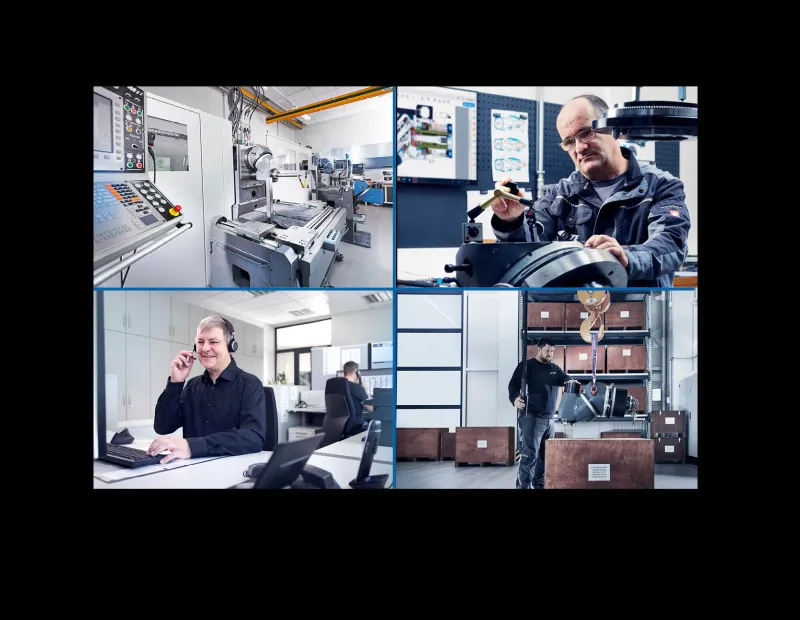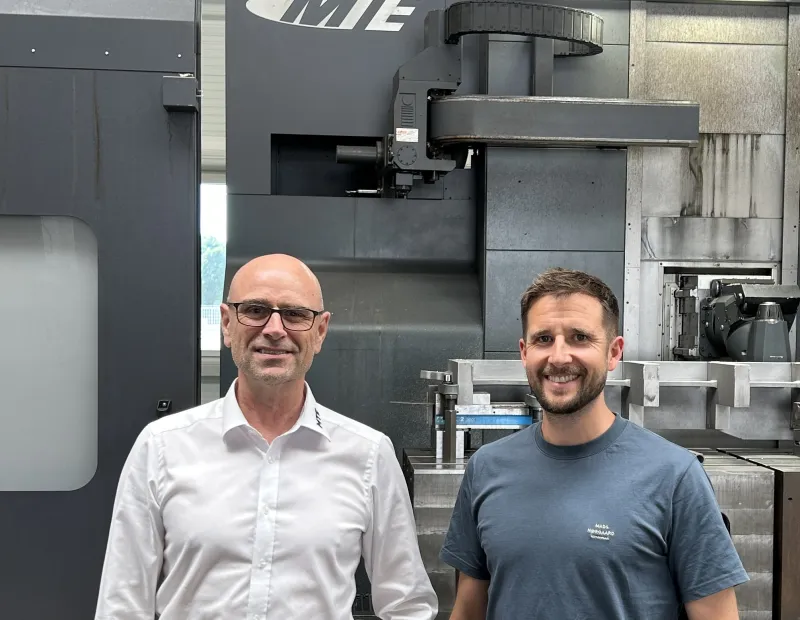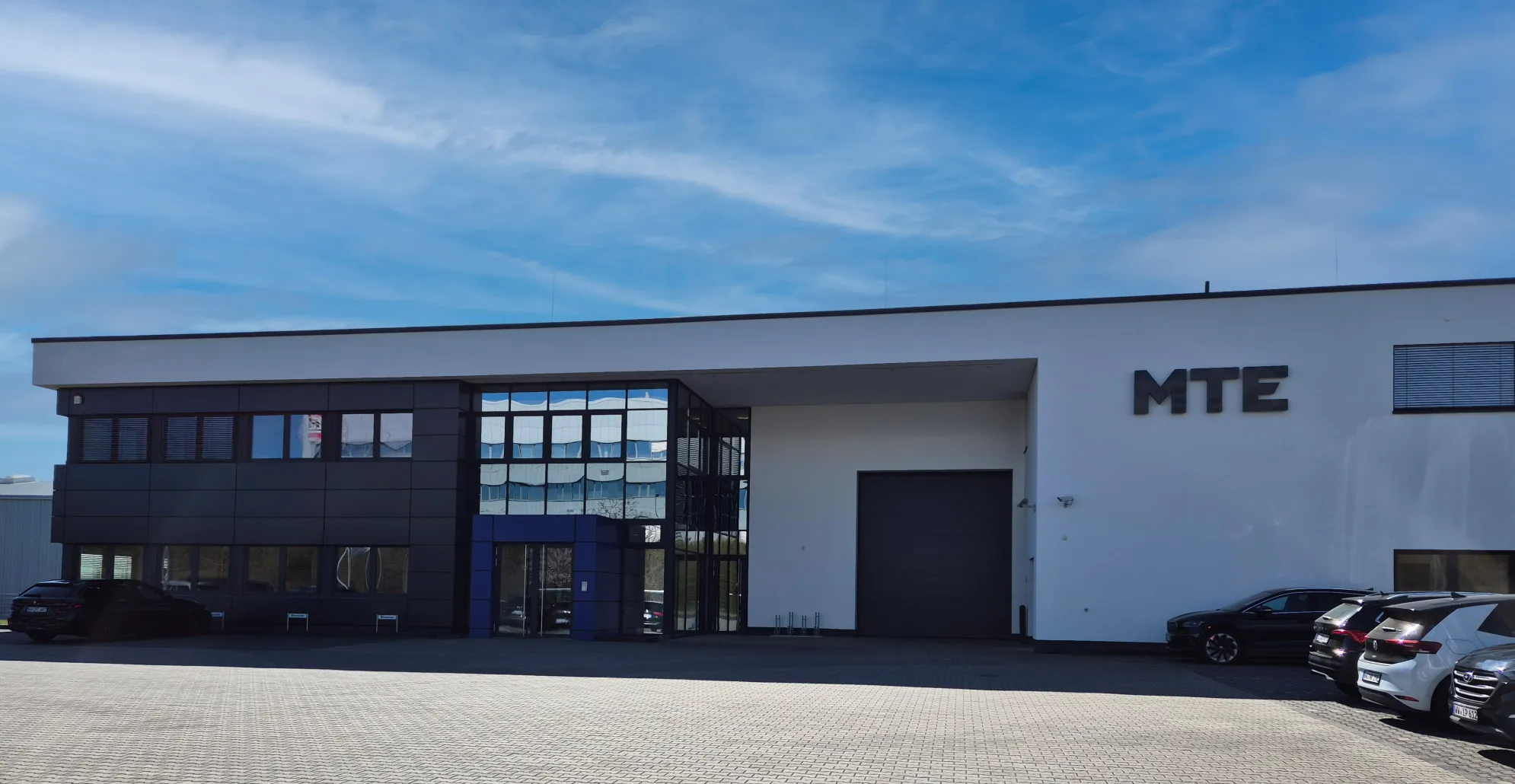
18 years of MTE in Germany
Starting a business in Germany can be a complex and challenging process. Despite initial difficulties and obstacles, MTE grew into a successful company. From the difficult search for suitable commercial properties to overcoming the global economic crisis, MTE's history is characterised by courage, perseverance and the right support.How did the company manage to hold its own against established competitors and lay a solid foundation for the future? A very personal account by Judith Ajubita.
Independence is key: initial considerations in 2005
When I founded my company, I had no idea how complex and multifaceted this process would be in Germany. Full of confidence and optimism, I set out without knowing the requirements of the authorities and institutions. Fortunately, I was able to count on strong partners right from the start who helped me get off to a good start.
My concept of self-employment included genuine independence. Our start-up budget was £150,000, without bank loans, credit cards or current accounts. Support from MTE Spain was not available at the time. Due to the good economic situation in Germany and Europe since 2005, we were optimistic about the future and looked for a suitable location. But the downside of the good economic situation was that it was almost impossible to find suitable commercial properties. We searched along the A3 motorway from Montabaur for about 100 kilometres in both directions and finally found a property in Buchholz/Westerwald that at least partially met our needs.
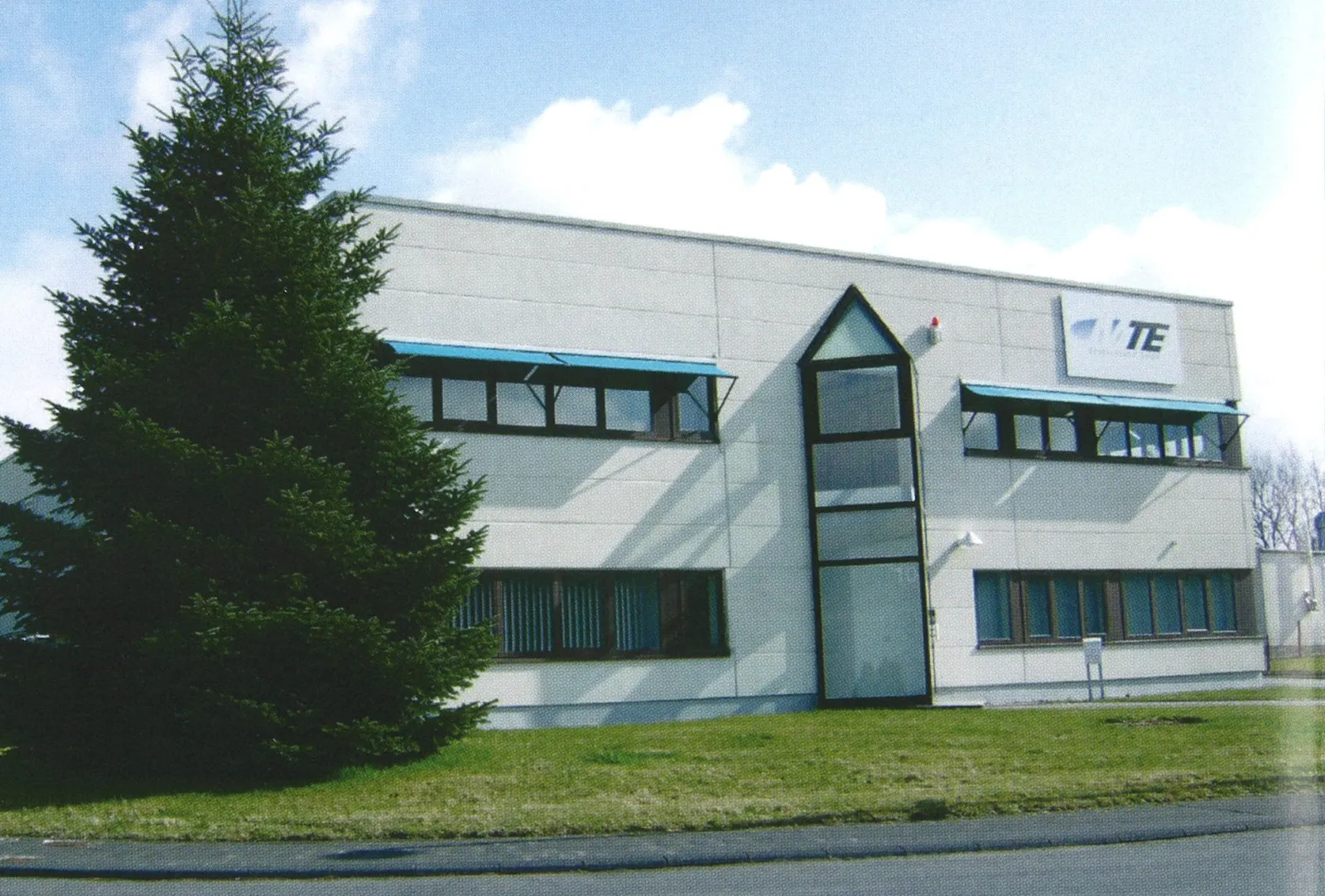
METAV 2008: Limited budget and no staff
However, the biggest challenge was our appearance at the METAV trade fair in Düsseldorf in March 2008. By then, we had to hire a salesperson, set up a service department, create offer documents and brochures, and organise the trade fair. With little money and no staff, this was an almost impossible task. But in March, we somehow managed it: our first appearance on the market was a great success. Between the METAV trade fair in March 2008 and October 2008, we sold an incredible 21 MTE bed type milling machines. Our next goal was to find and hire staff. Among the most important people during this time were Claus Meirich, who took over sales in March 2008, and Holger Illner, who became our service manager in the summer of 2008. Without these two, MTE would have ceased to exist in Germany back in 2010.
The global economic crisis of 2009: surviving in difficult times
From October 2008 to November 2009, we did not receive a single new order. With six employees, we fought for survival, hoping that the market for milling machines would pick up again. The plant in Spain was also in a deep crisis, so no help was to be expected from there. In the end, we made it thanks to our great customers, who placed orders with us again in good time, and our small but fantastic MTE team, who made sacrifices and fought together to get our young company through the crisis.
The grandpa and the girl
Our opportunity lay in the fact that our competitors underestimated us. People made fun of our small company and called us "the grandpa and the girl," alluding to the age of Claus Meirich and me. This arrogance unsettled us, but it also spurred us on. Today, we know that "the grandpa and the girl" did quite well.
These experiences taught us that passion, courage, perseverance and sometimes even the ability to suffer and humility are the foundation for success. Satisfied customers and a conservative, sustainable financial policy are other important ingredients that an entrepreneur must contribute himself. These factors guarantee long-term stability and resilience in times of crisis. That is why the development and expansion of our service department and our financial equity are the most important tasks in our company. Today, we can proudly say that MTE's service is outstanding and that we have achieved independence from banks.
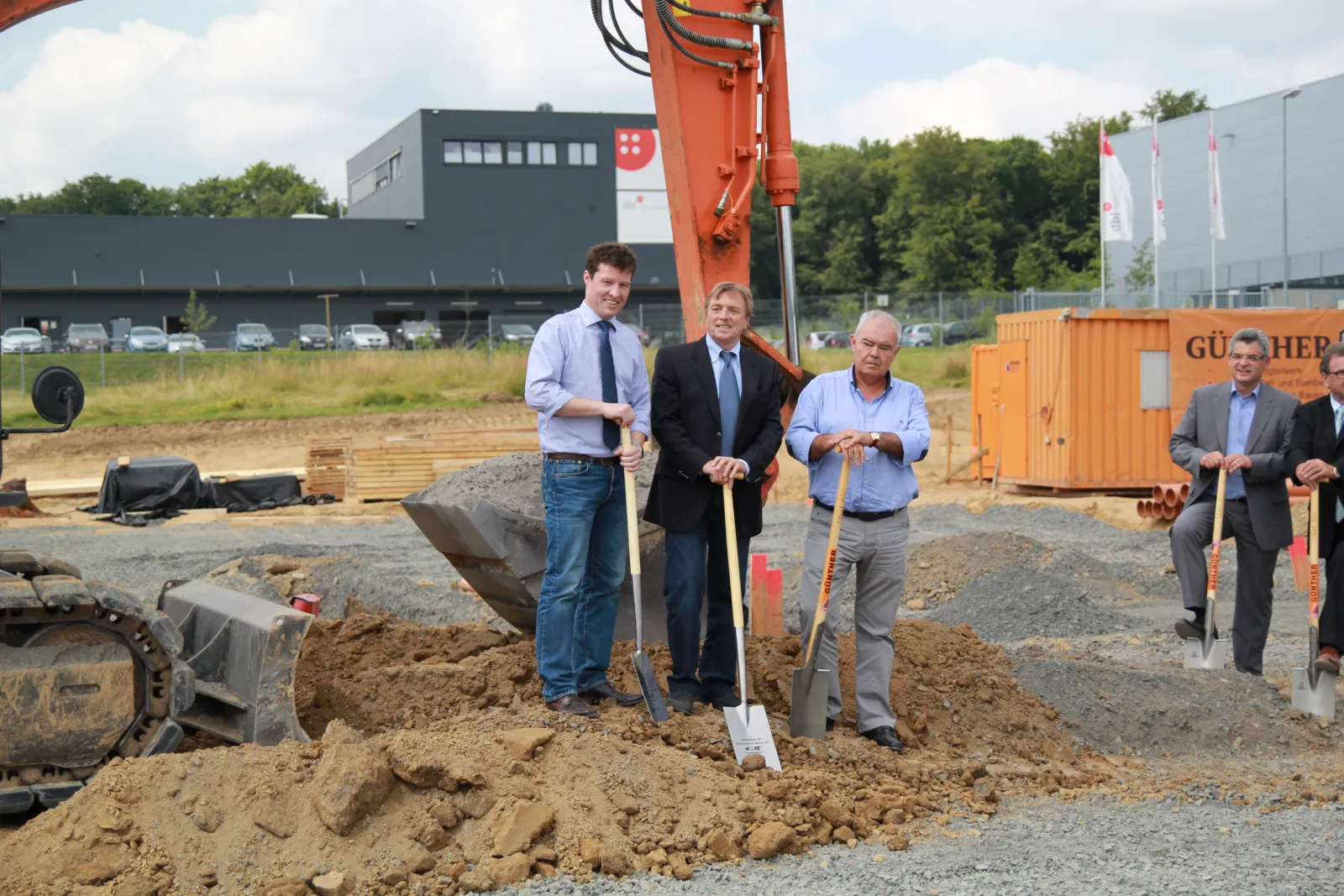
Early successes
At the beginning, we only had small bed type milling machines in our product range. Our greatest success was that we were able to quickly develop these machines into a full range that met the needs of the German market. At the same time, we developed large double-column machines, even though we were complete newcomers in this highly competitive market with established competitors. Today, these machines account for more than 50% of our sales, despite fierce competition.
The construction of the new company building in Montabaur
We knew that we had to create a permanent "home" for our machines, employees and customers. This "home" was to demonstrate our stability to the outside world and perfectly reflect our business processes. We made the decision to build our own new premises at the end of 2011, shortly after the crisis, when my husband Gunther Borbonus joined the company. We developed the dimensions and concept from 2012 onwards. The biggest hurdle was a financing concept, as we only had start-up capital of €150,000 after the 2008/2009 crisis. Today, we are proud that we have achieved this just four years after founding the company. Our house bank and others did not believe in our vision and put obstacles in our way. That is why we changed banks. The only support we received was a state guarantee of one million euros, which was, however, linked to unlimited personal liability. So we put all our eggs in one basket again. Our new bank, Sparkasse Westerwald-Sieg, supported us with an investment of around four million euros. After opening an account and presenting our business figures and investment concept, we received the financing within a week. Even today, it's still unbelievable. Without this partner, we would not be the successful company we are today.
This experience shows that passion, courage and perseverance, combined with the right support, can overcome even the greatest challenges.
Judith Ajubita
